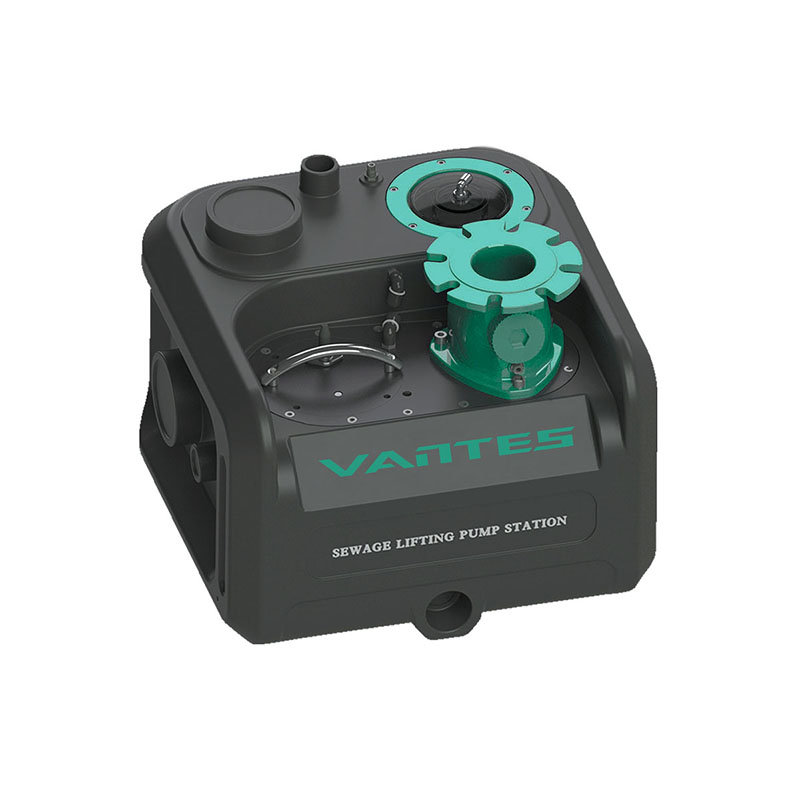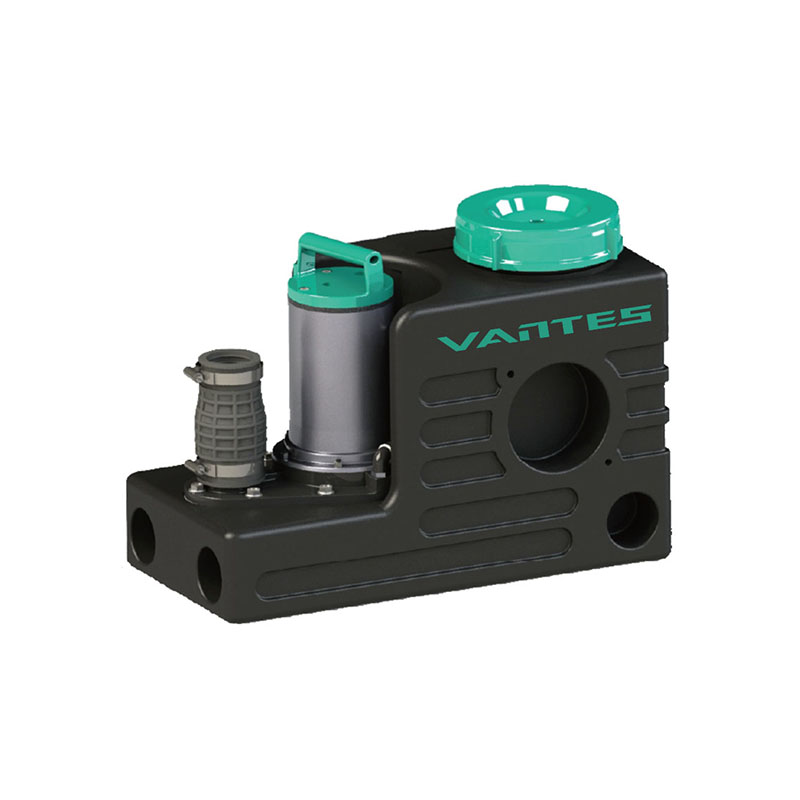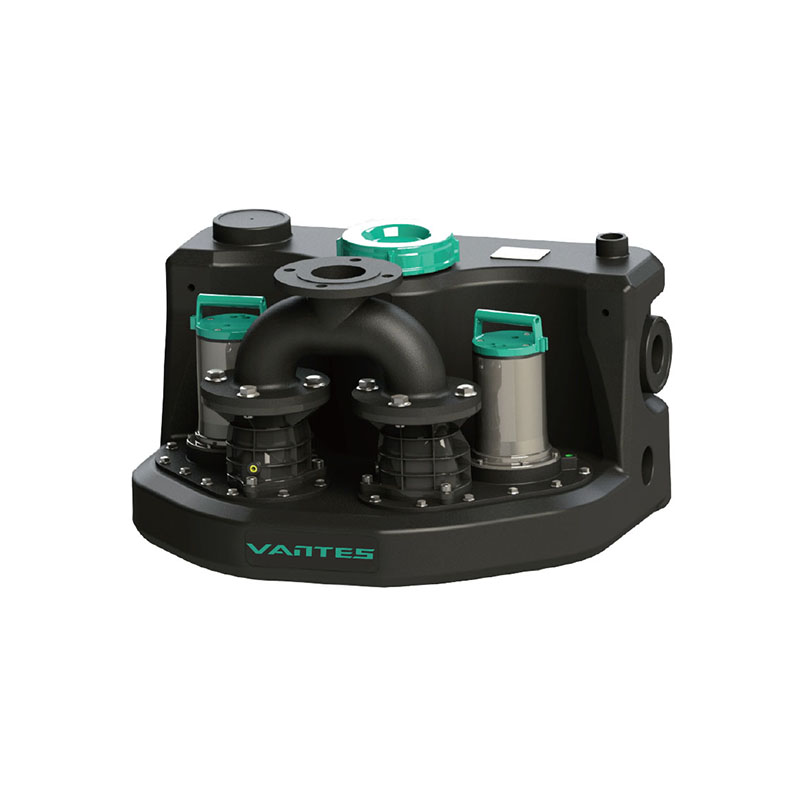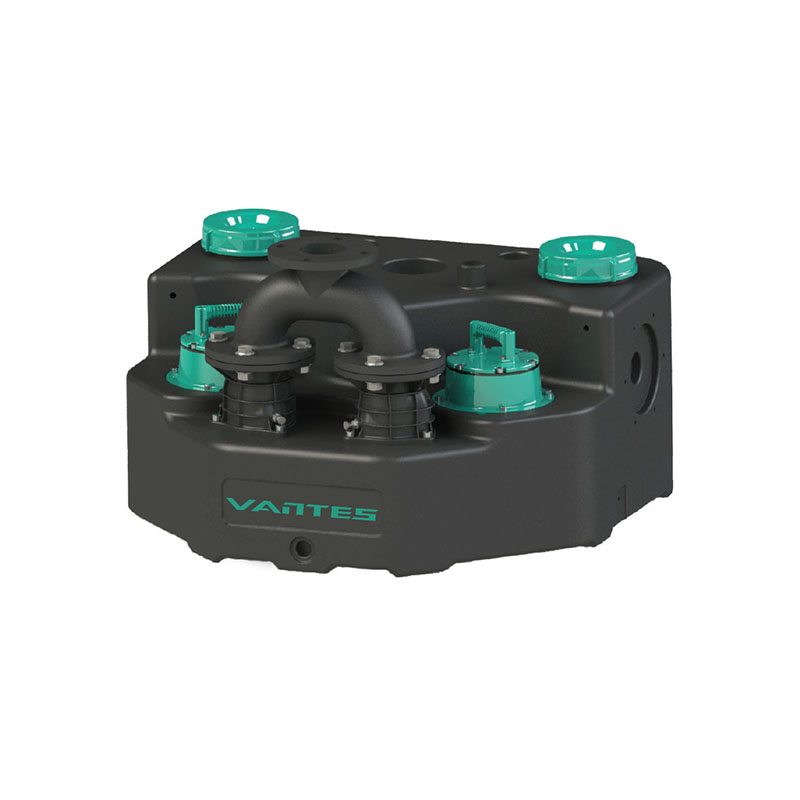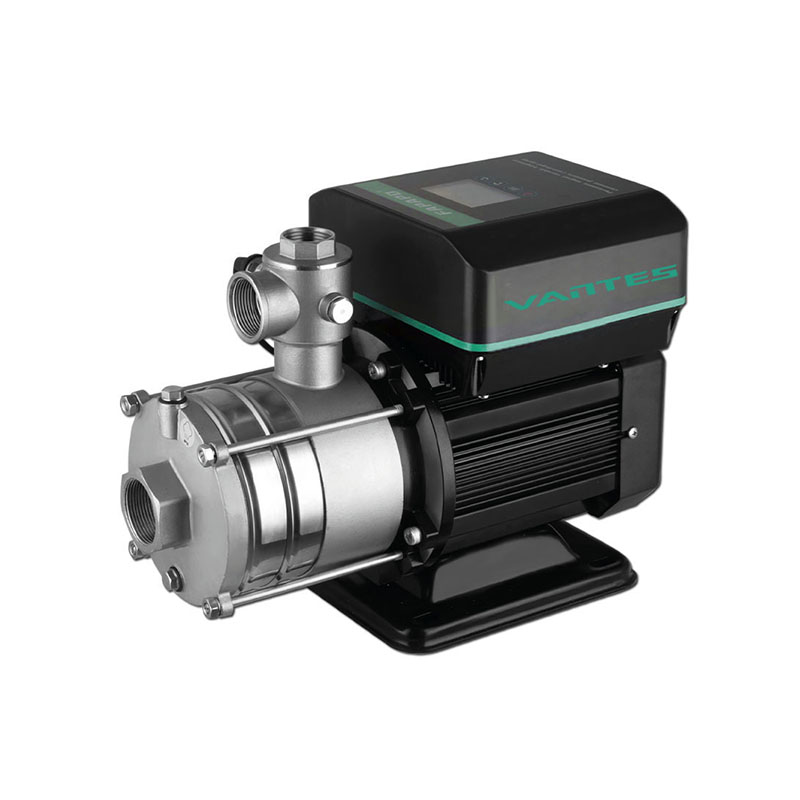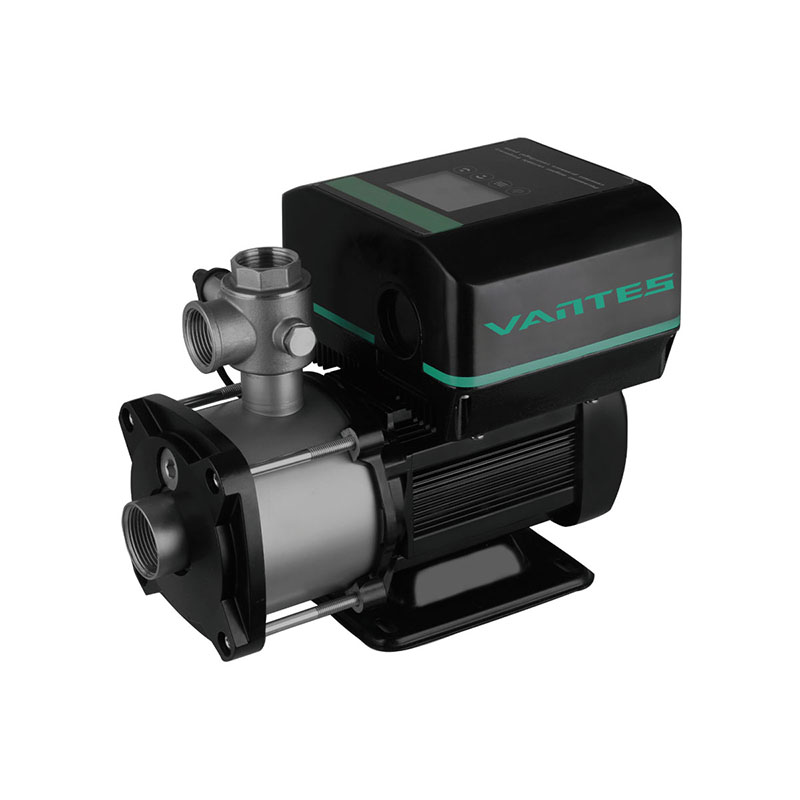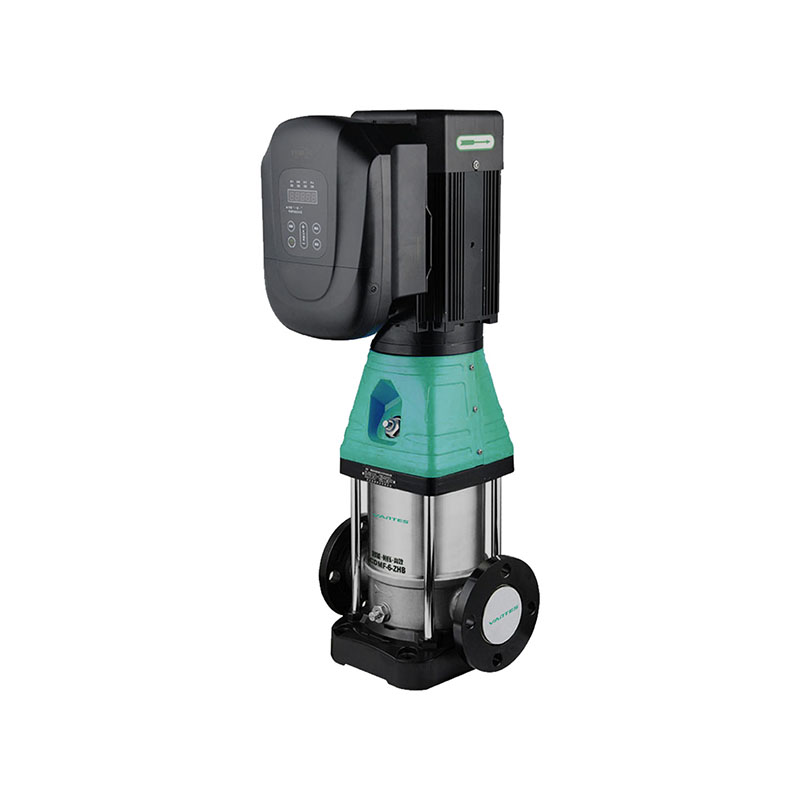In the rapidly evolving wastewater treatment industry, one technology is gaining traction for its ability to revolutionize energy efficiency, reduce operational costs, and improve system reliability: the Frequency Conversion Sewage Treatment Pump. This advanced pumping solution integrates variable frequency drive (VFD) technology with sewage treatment processes to optimize energy consumption, minimize environmental impact, and provide flexible, efficient operations. As municipalities and industries continue to face increasing environmental regulations and growing demand for sustainable practices, the Frequency Conversion Sewage Treatment Pump has emerged as a key innovation in modern wastewater management.
The Evolution of Sewage Treatment Systems
Traditional sewage treatment systems, while effective, often rely on pumps that operate at fixed speeds. These conventional systems can be wasteful in terms of energy consumption, as the pumps run at full capacity regardless of the actual demand. Furthermore, these systems often struggle with varying flow rates, especially during periods of high rainfall, industrial surges, or seasonal changes. The Frequency Conversion Sewage Treatment Pump, on the other hand, addresses these challenges by adjusting the speed of the pump motor based on the actual flow and load conditions. This dynamic response allows for more precise control and efficiency, making it an ideal solution for modern wastewater treatment plants.
What is a Frequency Conversion Sewage Treatment Pump?
At its core, the Frequency Conversion Sewage Treatment Pump is equipped with a variable frequency drive (VFD), which enables the pump motor to adjust its speed according to the specific needs of the system. The VFD alters the frequency of the power supplied to the pump, allowing it to run faster or slower depending on the flow rate of sewage water. This is in contrast to traditional sewage pumps, which typically run at a constant speed regardless of variations in demand.
By dynamically adjusting the motor speed, these pumps ensure that the system operates only as needed, leading to significant reductions in energy consumption. Moreover, the VFD technology provides precise control over pump performance, which is critical in maintaining optimal conditions for sewage treatment.
Key Benefits of Frequency Conversion Sewage Treatment Pumps
Energy Efficiency: One of the most significant advantages of Frequency Conversion Sewage Treatment Pumps is their ability to optimize energy consumption. Traditional pumps often run at a fixed speed, which means they consume the same amount of energy regardless of the actual workload. In contrast, Frequency Conversion Sewage Treatment Pumps can adjust their speed to meet varying flow rates. This results in a substantial reduction in energy usage, which not only lowers operational costs but also reduces the plant’s overall carbon footprint. In some cases, these pumps can achieve energy savings of up to 50%.
Improved System Flexibility: Wastewater treatment plants must deal with fluctuating flow rates, especially during rainy seasons, industrial discharges, or emergencies. Frequency Conversion Sewage Treatment Pumps can adapt to these changing conditions by automatically adjusting their speed to accommodate surges or reductions in flow. This ensures that the system continues to operate efficiently regardless of external factors, preventing potential system overloads or underperformance during peak conditions.
Reduced Wear and Tear: Pumps that operate at fixed speeds often experience excessive wear and tear because they are constantly running at full capacity, even during periods of low demand. This leads to higher maintenance costs and shorter lifespans for the equipment. Frequency Conversion Sewage Treatment Pumps reduce mechanical stress by allowing the pump to run at lower speeds during periods of low flow. This not only improves the lifespan of the pump but also reduces the frequency of maintenance interventions, helping to lower maintenance costs and improve the overall reliability of the system.
Cost-Effective Operation: By optimizing energy use, Frequency Conversion Sewage Treatment Pumps contribute to long-term cost savings. The reduced energy consumption, coupled with lower maintenance requirements, results in a more cost-effective sewage treatment system. This is especially important for municipal plants, which are often faced with tight budgets and the need to maximize the efficiency of their infrastructure. By investing in energy-efficient technologies like the Frequency Conversion Sewage Treatment Pump, municipalities can lower operational costs while maintaining a high standard of wastewater treatment.
